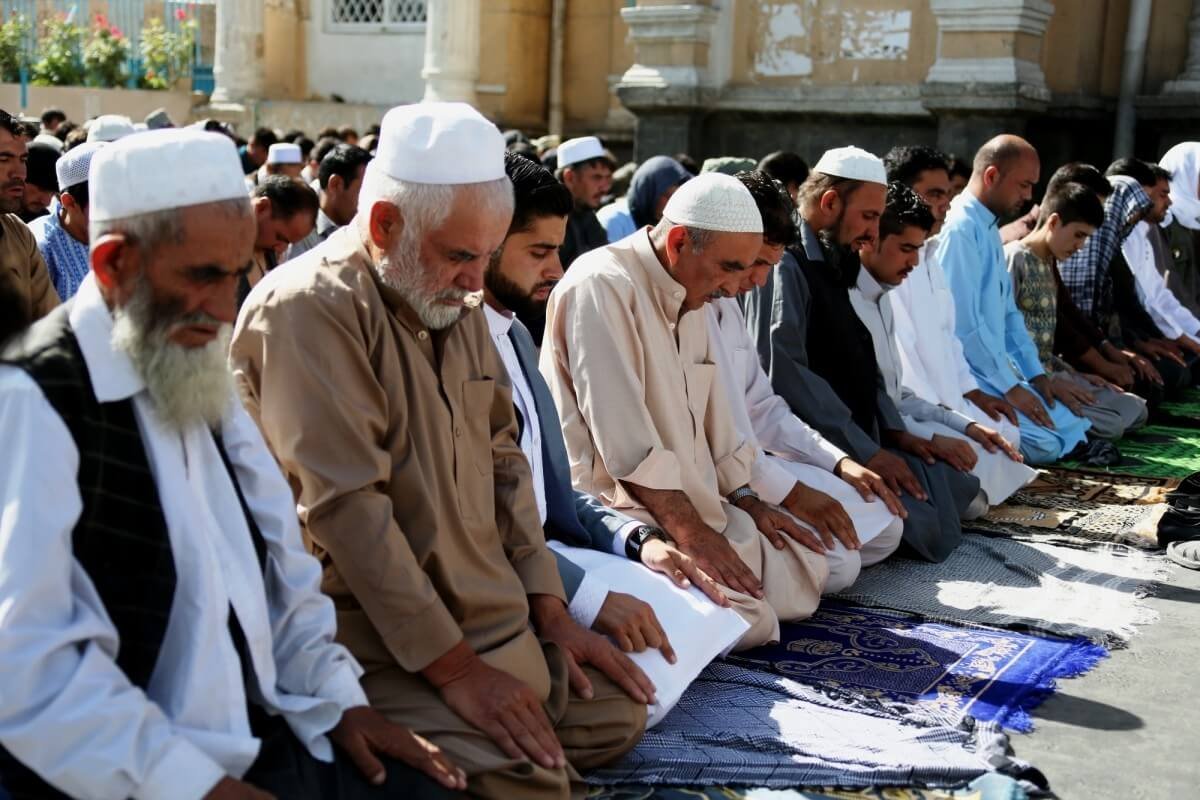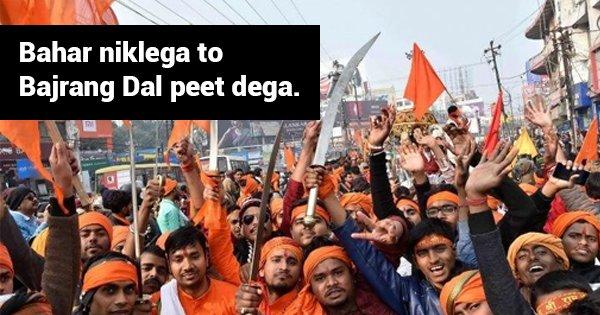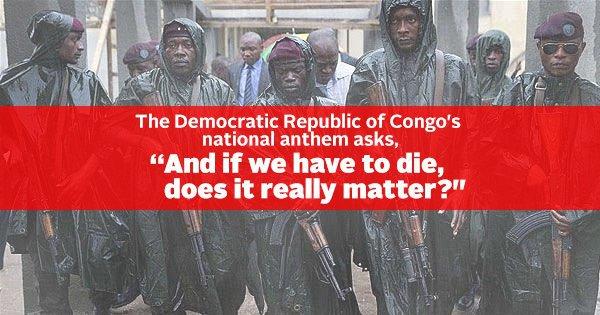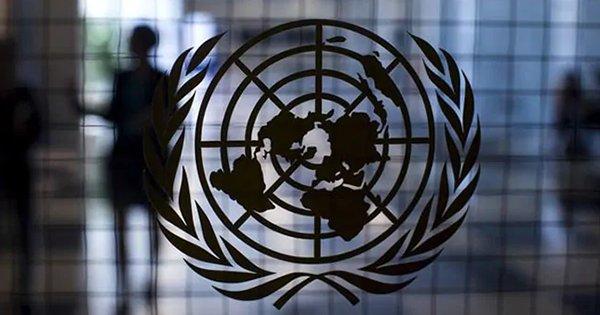Living in a religiously diverse nation of 1.25 billion people, festivals are celebrated throughout the year in our country. While Holi, Diwali and Christmas are celebrated once a year, festivals like Eid are celebrated twice.
For most of us Non-Muslims, Eid is just another national holiday. We rarely know its significance or why it comes twice a year. So we asked some of our Muslim friends about the significance of the festival. And here’s what we got to know.
Hadith, a collection of sayings of Prophet Muhammad, says that Eid al-Fitr and Eid al-Adha were instituted by the Prophet after his journey from Mecca to Medinah. And it was back in 624 CE that the first Eid al-Fitr was celebrated by the Prophet and his followers after they won the battle of Jang-e-Badar.
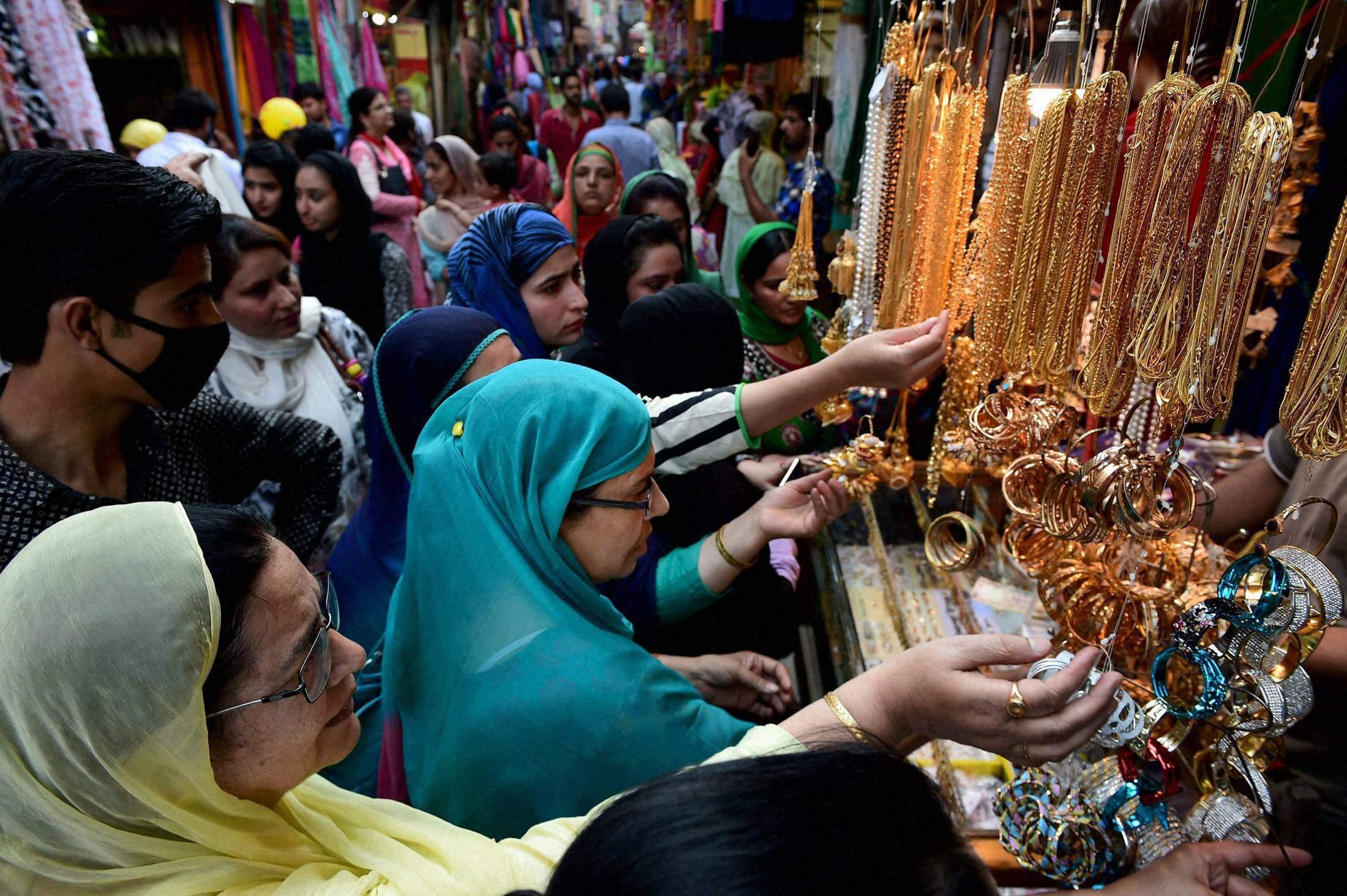
Clearly, Eid is so much more than just feasting on delicious food and exchanging gifts. Here is what the festival signifies.
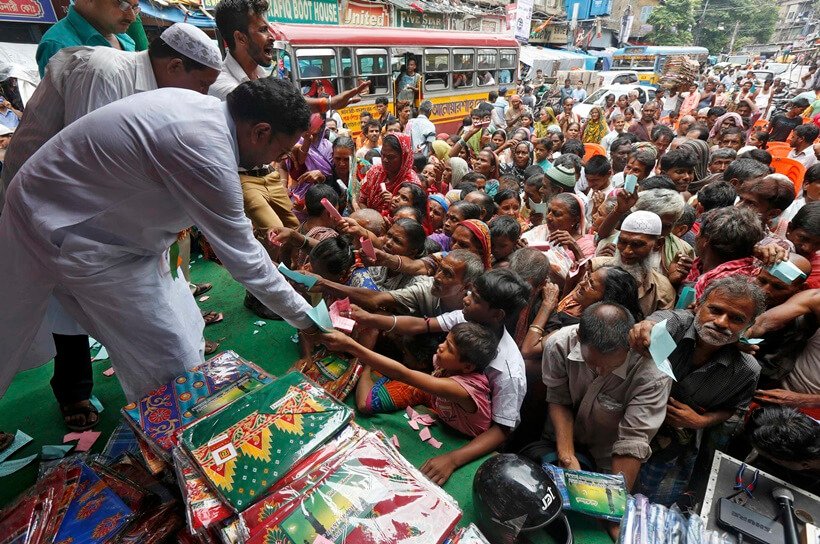
Eid ul-Adha
Also called Bakra-Eid or the festival of sacrifice, it is celebrated to commemorate the sacrifice made by Abrahim to Allah. It is said that when Allah commanded Abrahim to sacrifice his son to him, he didn’t hesitate for even a second. But as he proceeded, God replaced Isaac, his son, with a sheep, saying that it was the test of his duty and that his sacrifice has been accepted.
Eid-ul-Adha falls on the 10th day of Dhul Hijjah, the twelfth and the final month in the Islamic calendar. It doesn’t entail any fasting and Muslims often perform Hajj, the holy pilgrimage, during this month.
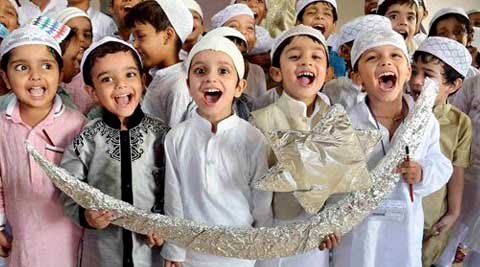
Eid-ul-Adha marks sacrifice and submission to God. It’s celebrated for two and a half days, during which Muslims sacrifice a lamb or a goat. The meat is then divided into three parts. One part is enjoyed among the family members, the second part is shared with friends and the third part is distributed to the poor and needy.
However, Quran does not make it mandatory for everyone to make a sacrifice. Only those who can afford should do it and share it with the lesser privileged.
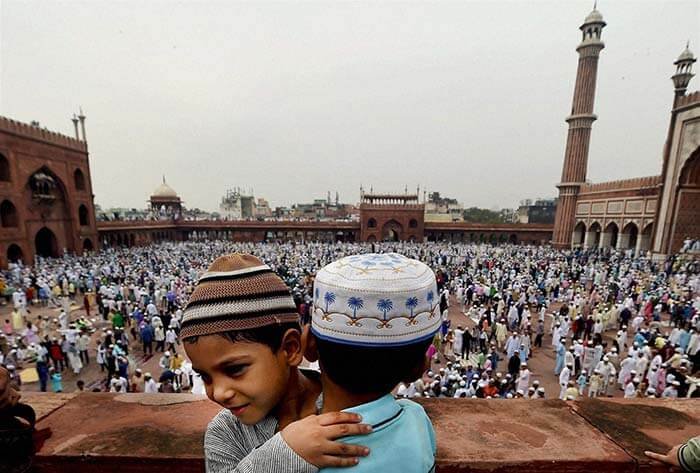
Eid-ul- Fitr
Generally called ‘Little Eid’, as opposed to Eid-ul-Adha, which is referred to as the ‘Big Eid’, Eid-ul-Fitr marks the end of Ramadan, the ninth month of Islamic calendar, and the beginning of Shawwal, the tenth month. Muslims observe strict fast for the entire month of Ramadan and take part in religious activities such as charity and donation. Essentially, the fasting is aimed at the spiritual uplift of those who observe it.
People abstain from alcohol and other pleasures and engage in activities that make them feel closer to god. Traditionally, the celebration begins with the sighting of the new moon.
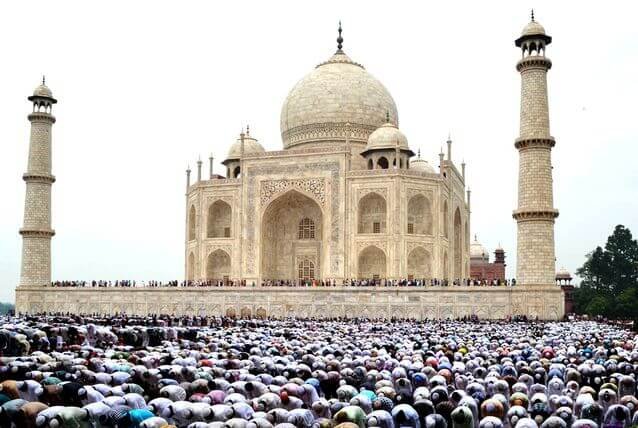
Eid-ul-Fitr is a day of thanksgiving and celebration that follows after accomplishing 30 long days of fasting and worshiping Allah.
